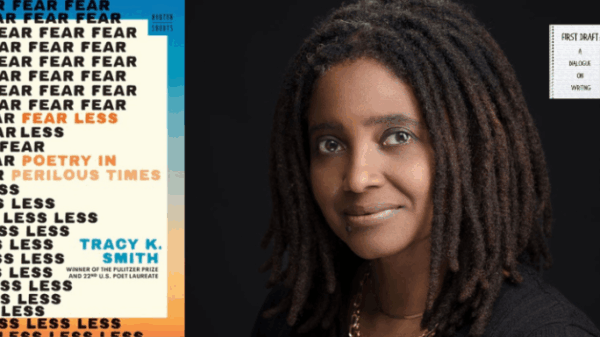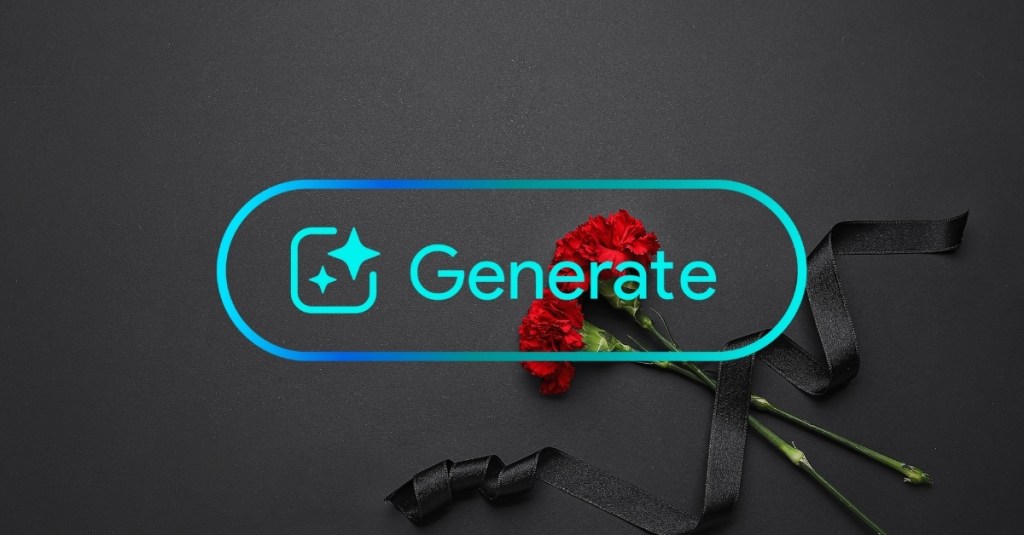URGENT UPDATE: The rise of AI-generated obituaries is transforming how families cope with grief, as funeral homes report a surge in demand for this unconventional service. AI tools, such as ChatGPT, are increasingly being utilized to craft heartfelt remembrances, allowing relatives to offload the emotional burden of writing.
Just announced, reports indicate that families facing loss are turning to AI solutions to write obituaries, which many consider a deeply personal task. 55-year-old Jeff Fargo shared his experience with the Washington Post, explaining how he “emptied his soul into the prompt” to create a tribute for his late mother.
The growing trend has sparked debates over the emotional implications of outsourcing such a significant aspect of the grieving process. Fargo’s AI-generated obituary resonated with his family so profoundly that he is already planning to use the AI for his father’s obituary, stating, “It’s gonna be a banger,” in a tone reminiscent of a DJ promoting an upcoming show.
Funeral directors are now routinely asking families if they would prefer AI-written obituaries, a trend that reflects the broader shift towards technology in personal and emotional realms. Companies like CelebrateAlly and specialized AI chatbots are flooding the market, suggesting that convenience may be taking precedence over personal connection.
While the emotional weight of writing an obituary is undeniable, the appeal of AI tools lies in their ability to reduce stress during a challenging time. However, questions arise about the authenticity and depth of emotion conveyed through these generated texts. Critics argue that relying on AI can strip away the unique essence of a person’s life, reducing it to generic platitudes.
The implications of this trend extend beyond individual experiences, raising concerns about how technology is reshaping fundamental human rituals. The immediacy of AI services reflects society’s increasing reliance on technology for emotional support, often prioritizing efficiency over genuine reflection.
As the demand for AI-generated obituaries grows, it is crucial to consider the potential effects on the grieving process. Many may find solace in the convenience of AI, while others lament the loss of a personal touch that makes each tribute unique.
Officials from funeral homes emphasize the need for balance between technology and personal involvement. The ongoing discussions reflect a societal shift towards embracing AI in areas traditionally reserved for human expression.
What comes next in this evolving landscape? As AI continues to infiltrate personal experiences, observers will be watching closely to see how families navigate the complexities of grief in an increasingly digital world.
This developing story highlights a significant cultural shift as AI not only writes obituaries but also transforms our relationship with death and remembrance. The question remains: will the convenience of AI enhance the grieving process, or will it diminish the profound act of honoring a life lost?








































































